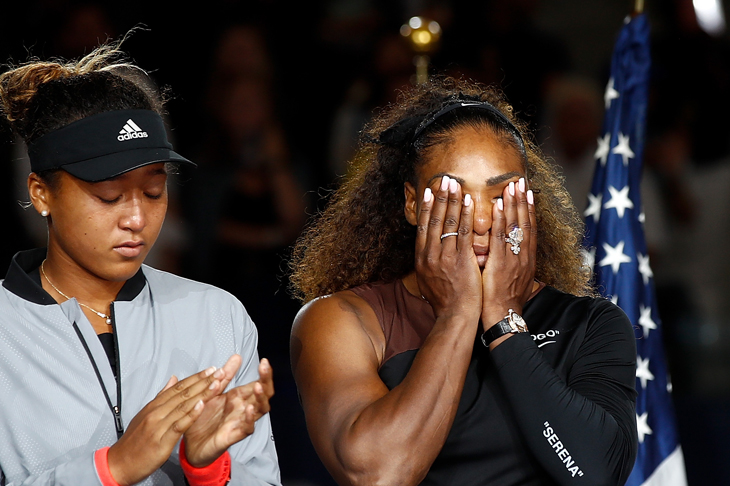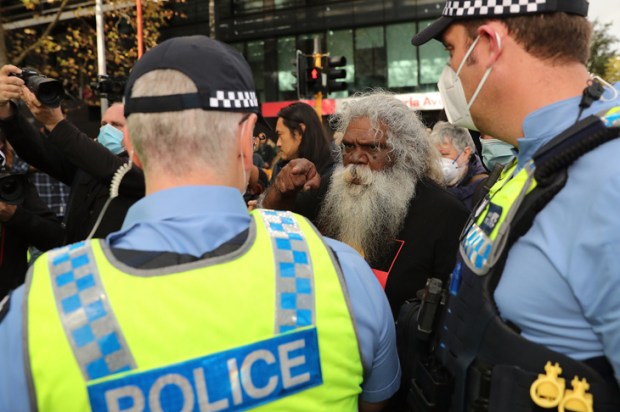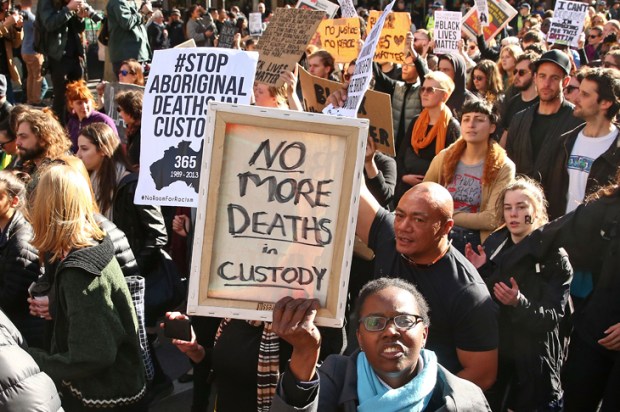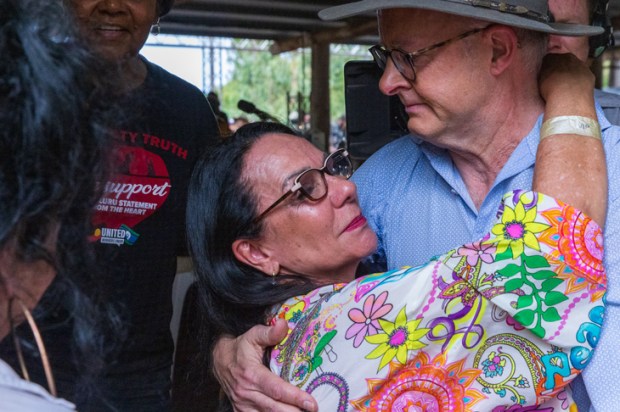Taking offence means we all walk on eggshells
Recently, a controversial cartoon was drawn of a tennis champion which many people claimed offended them because of its alleged ‘racist’ nature. But this is simply one example of where allegations of racism have been made where there was no racism; there will be new allegations of racism next week, and the week after that, and the week after that. Claims of racism (where none exists) are closely related to taking offence, and I will discuss both of these in these Notes.
There seems to be a massive divide between those who see an event as racist and those who don’t. One group is accused of being snowflakes and the other group accused of being in denial of racism. Let me state upfront, I acknowledge the existence of racism, but I think racism allegations are far too often the result of ‘mental manufacturing’ in the minds of claimants, rather than of actual cases of real racism. I will state again that I acknowledge the existence of racism. I need to repeat myself because past experience has shown that when I challenge those whom I believe make false allegations of racism, I am accused of saying racism does not exist. One more time, I don’t deny the existence of racism – I just think its prevalence is exaggerated.
We live in an age where all it takes to brand a person (or cartoon) as racist, is for someone to make the allegation, and others to get on board and claim: ‘it feels racist to me.’ Once labeled, no proof is needed.
So why are so many people quick to take offence and see racism where it isn’t? With regard to offence, to feel offended is to feel important. The professional offence-takers are concerned only about themselves. They want to be noticed by others. It makes no sense to take offence unless others know that you are offended. In the case of individuals who feel they are the direct and intended target of someone’s allegedly offensive behavior, they usually receive attention from well-meaning others who seek to soothe them with reassurance that they have indeed been emotionally wounded by supposedly offensive words or behaviour. Some go on to achieve hero status, and if their offence is really big enough, they can even receive a nice payout if they have a good lawyer.
But it seems being offended has become a spectator sport. You can be offended on behalf of someone thousands of miles away who is allegedly suffering from the behaviour or comments of another. You don’t have to be a member of the sufferer’s age group, race, income class, religion, or gender, you just have to be human and you can claim to share their offence. So there’s no excuse now for not being offended; you can achieve vicarious offence through the ‘sufferings’ of others. This form of offence carries the same benefits as being personally offended, namely, to feel offended is to feel important. It’s the vicarious form of offence that I wish to focus on here.
So why has racism become the popular means for taking vicarious offence? Racism is to be abhorred, and rightly so. But for those who cast a racist spin on an event that is simply not racist, in addition to being vicariously offended, they also have the opportunity to play the hero who takes a stand against racism. And which of us deep down doesn’t wish to be a hero?
Most of us don’t have the opportunity to help minority groups who struggle, but for the professional offence-seeker, calling out racism, even if it only originates in their imaginations, helps them think that they have acted as good moral citizens. Take as an example the case of racism assumed to be holding Australian Aboriginal people back. We have all seen the images of Aboriginal people living in deplorable conditions. We have also seen in the past, where real racism against them was common. And certainly past racism may potentially contribute to the suffering that many Aboriginal people experience today, however, it is not this past racism that sustains today’s suffering. Many Australians experience a bit of guilt as they sit back in their comfy lounge chairs seeing these images on their laptops, plasma screens, or iPhones. To alleviate their guilt while sipping on a latte or knocking back a cold one, they assume that (white) government is to blame, and make the grand statement: ‘That’s racist and I oppose racism,’ then return to their easy living and think: ‘Well there, I’ve done my bit to help the Aboriginal people.’
One may well think: ‘Well if the “offenderati” want to play hero by taking offence, that’s their business.’ But such selfish behavior has implications for the rest of society. First, despite how offended you may feel and how many times you say: ‘I oppose racism’ it is not going to help anyone. Second, to live in a society where there are people continually on the lookout for opportunities to be offended by, means that the rest of us have to walk on eggshells and guard every word we speak. Such restraints breed resentment, and that eventually leads to conflict – we all lose. We can do better than that.
I referred earlier to the recent controversial cartoon by Mark Knight. While plenty of people seem to think that it shows how prevalent racism is, I think it shows just how far we’ve come in terms of dealing with real racism. For anyone who saw racism in that cartoon, I think your mental gymnastics skills could be better used to make Australia an even better country than it already is. If that cartoon is what racism is (as so many in the twittersphere thought) then I think it proves that any real racism is fast becoming extinct.
Got something to add? Join the discussion and comment below.
Get 10 issues for just $10
Subscribe to The Spectator Australia today for the next 10 magazine issues, plus full online access, for just $10.
You might disagree with half of it, but you’ll enjoy reading all of it. Try your first month for free, then just $2 a week for the remainder of your first year.














Comments
Don't miss out
Join the conversation with other Spectator Australia readers. Subscribe to leave a comment.
SUBSCRIBEAlready a subscriber? Log in